Referendum day is as nondescript and wet as the day before, happily spent in Cambridge at my son’s Leo’s graduation. Even here the coming vote intrudes. Some students say that the master of Trinity College has come out for Brexit. Leo’s boyfriend Eddie, newly graduated in German studies and about to head to a job in Berlin, worries about job prospects. Our lunch table is shared with genial and smiling but very divided family. The polling station is equally lively, a place for chat with neighbours. The working day is uneventful. Dinner with friends in the evening, asleep before the first results. I wake in the middle of the night, switch on the television, and see it’s going the Brexit way.
On Friday I’m on the Tube early. The mood is horribly subdued. Some travellers are immersed in their papers, others look shell-shocked. A man in sunglasses wears a Union Jack shirt and hat, looking resolute. At City Airport news arrives that David Cameron has resigned and the knives are out for Jeremy Corbyn. Unusually, travellers are talking to complete strangers — so very un-British. ‘What will it all mean?’ a lady asks. No idea, I reply, the Brexiteers don’t seem to have a plan. It’s like entering a familiar room in which the furniture has been moved around, then broken.
I travel to Florence to examine a PhD on trade law. One co-examiner was due to exchange on a new flat in London that afternoon, but he has cancelled the deal. ‘Too much uncertainty.’ Another, who works closely with the WTO, imagines future UK trade negotiations. ‘I can see the British sitting at a table with the Chinese, Russians and Indians, pretending it’s still 1947,’ he says, with a laugh. I explain that the electorate has been told that deals can be sorted in a year or two. ‘Joking, right?’ he says incredulously. At the airport on the way home, the mood is more animated, and turning to angry. A young Scottish academic tells us she opposed independence a year ago but now embraces it. A senior paediatric oncologist from Oxford is devastated about the prospective loss of EU funding. She shows me an email from the Children’s Cancer and Leukaemia Group, expressing disappointment about the vote. ‘Children with cancer will definitely suffer,’ she says.
Back in London, I have lunch with my 16-year-old daughter Katya at Honey & Co., our favourite restaurant, to celebrate the end of her GCSEs. She is enraged and wants me to get her the French passport to which she is entitled. ‘It’s infuriating that old people took away a part of my future.’ Familiar, lovely, bubbly Rachel serves us, moving straight to the subject and catalysing a restaurant-wide conversation. Everyone talks of signing the petition for a second referendum. Strong feelings have been unleashed, in many directions. One diner wonders whether the vote could be a wake-up call for a complacent establishment, another hopes it might be something similar for undemocratic, distant EU institutions. A third worries that it will destroy our country, where trust is a precious and disappearing commodity. Texts and calls flow into my phone from all directions, fed by mega uncertainty. ‘Is this the end?’ my friend Agnes inquires from Paris. A Labour MP predicts that Corbyn will be gone within a week. A senior French diplomat is outraged that Cameron has left everyone hanging for months. A Tory MP says he’s protecting Osborne to hurt Johnson. A dear friend who is a Brexiteer and who should be happy actually feels stressed and miserable. The void is creating chaos.
On Saturday evening at the Young Vic — Blue/Orange, a play about madness and a power struggle at the heart of a dying institution — I am distracted by thoughts of what the emerging legal landscape might resemble. If the UK stays in the single European market, as its financial services sector and the remnants of its manufacturing industry need it to, free movement of services, goods and people will continue. That means modest change (if any) on border control, not a penny more for the NHS, and a UK bound by EU rules but with no say on legislation. The ‘real, ordinary, decent people’ will come to see they have been duped and sold a crock of shit. True anger will follow, and as bits of the UK peel away we will find that sovereignty is illusory and ‘democracy’ has a high price.
By Sunday morning I am feeling more practical. At another book event, at St Jude’s church in Hampstead Garden Suburb, people compare pre-war and now. What can we do, several ask, as the country convulses and those who supported this new direction make clear they have no plan? ‘Agitate, agitate, agitate, as everything is to play for.’
Got something to add? Join the discussion and comment below.
Get 10 issues for just $10
Subscribe to The Spectator Australia today for the next 10 magazine issues, plus full online access, for just $10.

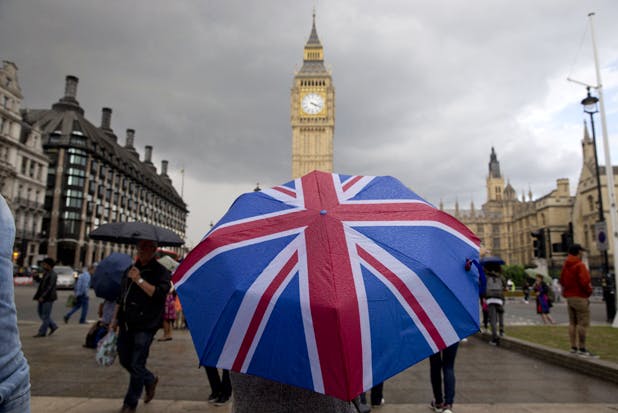
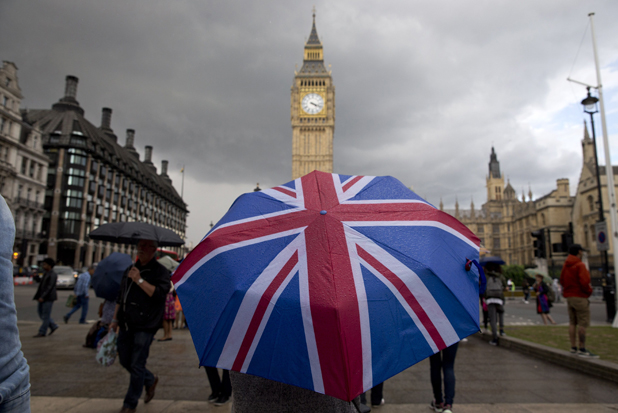
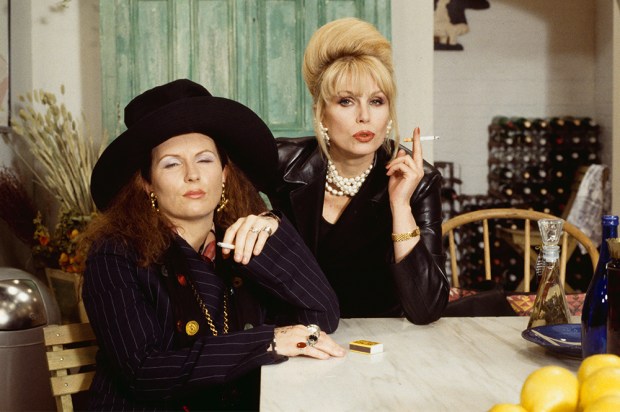

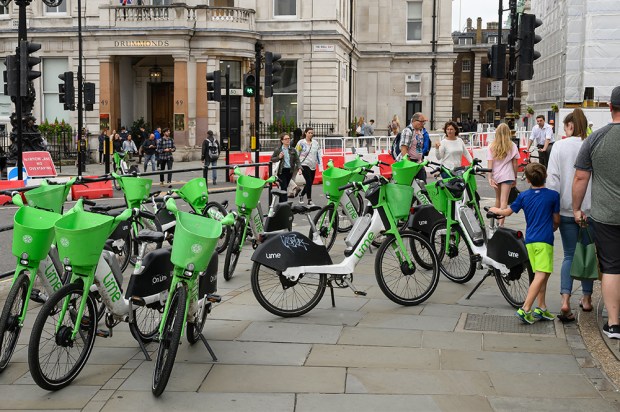

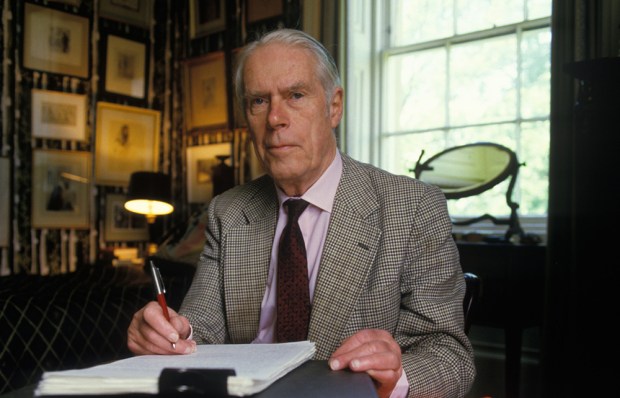






Comments
Don't miss out
Join the conversation with other Spectator Australia readers. Subscribe to leave a comment.
SUBSCRIBEAlready a subscriber? Log in